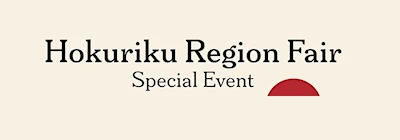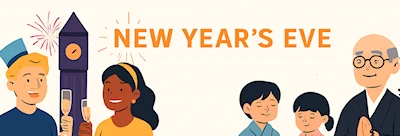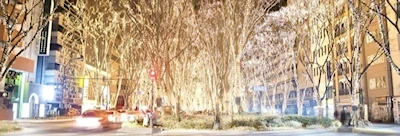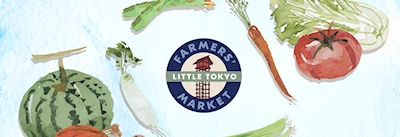Buddhist Temple of Alameda
Event Location
2325 Pacific Ave
Alameda, CA 94501
Alameda, CA 94501
The Buddhist Temple of Alameda is a serene sanctuary nestled in the heart of Alameda, California. Its architecture embodies traditional Buddhist design principles, featuring ornate rooftops, intricate carvings, and vibrant colors that symbolize spiritual richness. The temple serves as a place of worship, meditation, and community gatherings for followers of Buddhism in the area. Inside, visitors can find beautifully adorned altars, statues of Buddha, and sacred scriptures, creating an atmosphere of tranquility and reverence. The temple also hosts various cultural events, teachings, and meditation sessions, inviting people of all backgrounds to explore the teachings of Buddhism and find inner peace.
Contact
Phone: (510) 522-5243
Location Website
Click to Visit
(For Event Information See Event Website Page)
Authentic Japanese Gardens (United States)
Best Japanese Gardens
Japanese Rock 'Zen' Gardens (United States)
Best Japanese Rock 'Zen' Gardens
Japanese Teahouses (United States)
Best Japanese Teahouses
Japanese Museum Art
Japanese Museums Map of Japanese Museums

















